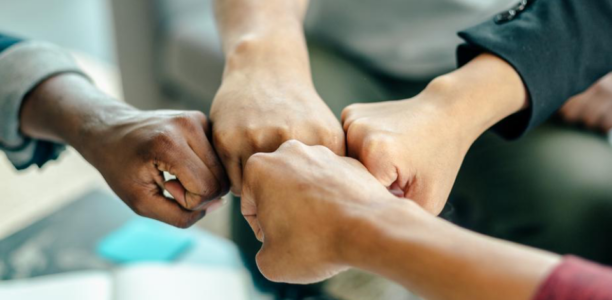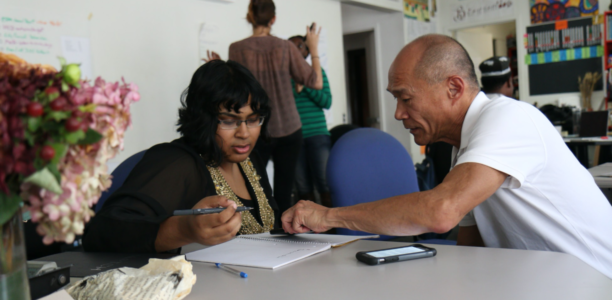Avoiding public spaces and working remotely can help to reduce the spread of COVID-19, but for many survivors, staying home may not be the safest option. Abuse is about power and control. During times of crisis, and especially forced isolation, incidents of domestic violence often rise, and violence may escalate. The following tips can help survivors plan for their safety during this crisis, and a potential quarantine with an abusive partner.
Remember that survivors are the experts on their own lives, and should be empowered to make their own decisions about what is best for them and their children.
Here are a few suggestions for survivors that may help this uncertain time feel a little bit safer:
- Create a safety plan. You and your partner may be told by either or both of your employers to work remotely to limit social interaction. Having a safety plan laid out can help you to protect yourself during this stressful time.
- Identify your partner’s use and level of force so that you can better assess the risk of physical danger to you and your children.
- Identify safe areas of the house where there are no weapons and there are ways to escape. If arguments occur or your partner’s behavior escalates, try to move to those areas.
- Don’t run to where the children are, as your partner may try to hurt them as well.
- If violence is unavoidable, make yourself a small target. Dive into a corner and curl up into a ball with your face protected and arms around each side of your head, fingers entwined.
- If possible, have a phone accessible at all times and know what numbers to call for help. Try to memorize the phone number to your local shelter, or the statewide hotline (800-572-SAFE). If you fear your life is in danger,, call 911.
- Let trusted friends and neighbors know of your situation and develop a plan and visual signal for when you need help, such as turning on the porch light.
- Teach your children how to get help. Instruct them not to get involved in the violence. Plan a code word to signal to them that they should get help.
- Tell your children that violence is never okay, even when someone they love is being violent. Tell them that neither you, nor they, are at fault or are the cause of the violence, and that when anyone is being violent, it is important to stay safe.
- Practice how to get out safely. Practice with your children.
- Plan for what you will do if your children tell your partner of your plan, or if your partner otherwise finds out about your plan.
- Keep weapons like guns and knives locked away and as inaccessible as possible.
- Make a habit of backing the car into the driveway and keeping it fueled. Keep the driver’s door unlocked and others locked — for a quick escape.
- Try not to wear scarves or long jewelry that could be used to strangle you.
- Domestic violence shelters are open, but in some locations, there may be limited availability due to COVID-19. So, consider alternatives such as staying with family or friends, staying in motels/hotels, or if no other options exist, sleeping in your vehicle. Be extra mindful of good hygiene practices if you’re leaving as well – wash your hands regularly, avoid touching your face, minimize contact with surfaces that other people have had contact with, etc.
For friends and family of survivors
- If you’re a friend or family member of someone experiencing abuse, you may not be able to visit them in person during this COVID-19 crisis. Seeing someone you care about being hurt is stressful. Remind yourself that you can’t make decisions for someone else, but you can encourage your loved one to think about their wellbeing, safety plan and practice self-care while they are in their home.
Even if you are isolated, try to maintain social connections online or over the phone if it is safe to do so, and try to stick to your daily routine as much as possible.
If you would like to talk with an advocate, please call the New Jersey statewide hotline 24/7 at 1-800-572-7233 (SAFE). If you are unable to speak safely, you can log onto https://thehotline.org or text LOVEIS to 22522. Also, if you are Deaf and need support, please call the National Deaf videophone at 1-855-812-1001, which is also available 24/7.




